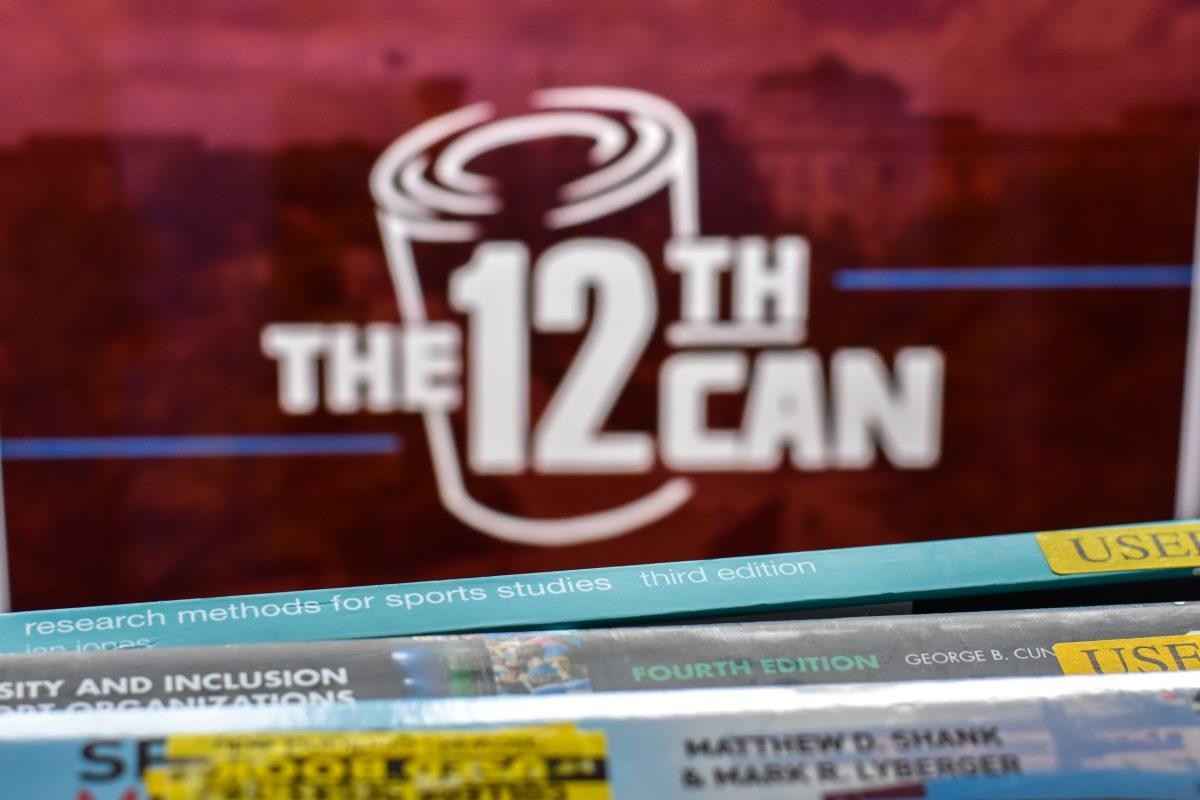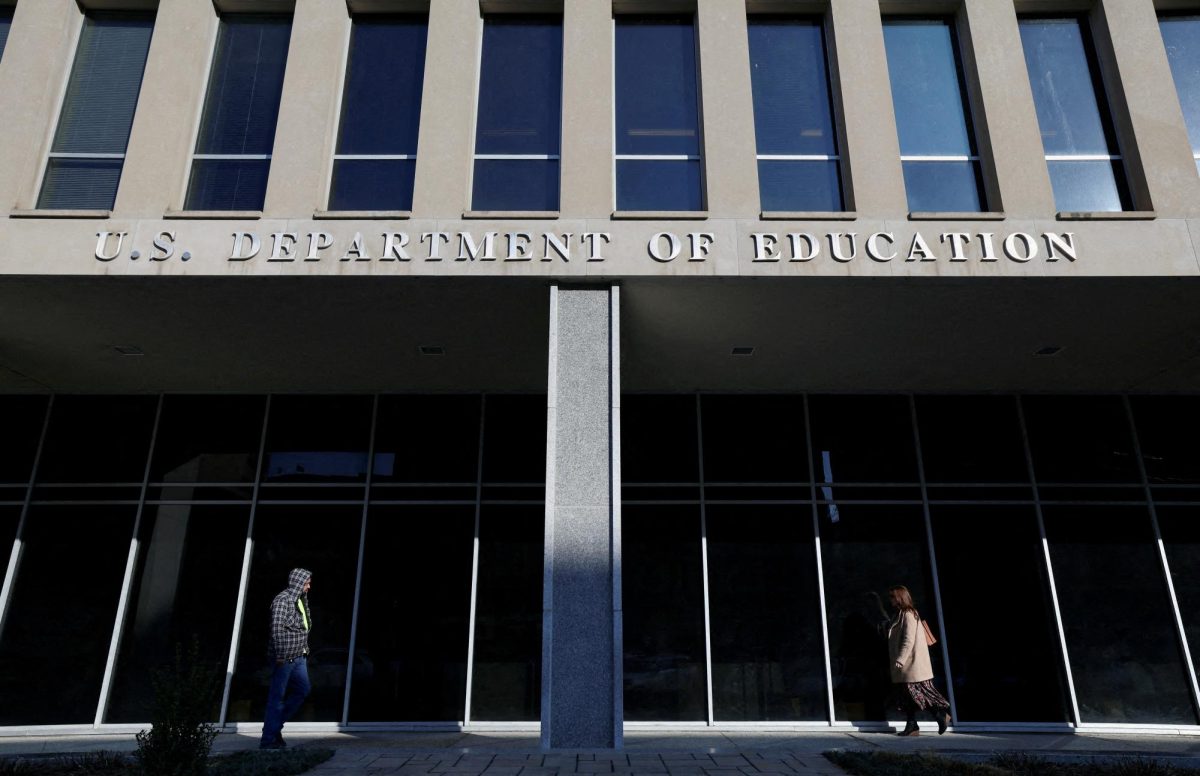As February draws to a close, Texas A&M University Libraries’ annual Food for Fines program is coming to an end.
A program which originally began as a one week event, Food for Fines accepts non-perishable food items in exchange for the payment of outstanding library funds, which is then donated to the 12th Can Food Pantry for campus community members in need, according to a University Libraries’ press release.
“For each full-sized donation of 10 ounces or more, $1 will be credited toward a student’s fine on their University Libraries’ account, with a $75 maximum,” the press release reads. “Each library will have complete information about what will and will not be accepted and patrons will be given a receipt for their donation and will receive account credit within 24 hours. This program excludes replacement fees charged for lost or damaged items, and donations have no monetary value.”
Working to improve each year, University Libraries’ Director of Marketing Patrick Zinn in an email to The Battalion said with the increasing number of food collected, the program has had to adapt how they total the amount of donations.
“As the program has grown and become more successful, we have gone from counting the number of donations to counting the number of pounds of food collected,” Zinn said. “We always hope to do even better every time.”
For students who are interested in participating, the AskUs desks at Business Library & Collaboration Commons, Medical Sciences Library, Policy Sciences and Economics Library and Sterling C. Evans Library & Annex will accept donations.
Donations can range from tuna to vegetables, but cannot be in glass containers or expired, Zinn said.
“We generally accept items such as granola bars, protein bars, peanut butter, canned meat, vegetables, fruit [and] soup, cereal, pasta and ramen,” Zinn said.
Helping both students who have fines and the campus community, Tonya Carter, University Libraries’ Food for Fines coordinator, said in a press release that the library looks forward to the event each year. As the creator of the program, Carter oversees each Food for Fines program and makes sure each working part remains in place throughout the entirety of the event.
“Giving students the ability to reduce their fines, while at the same time helping those in need in our own community is one of our favorite traditions at the Libraries,” Carter said. “In 2020, we were able to collect over 1,074 pounds of food, one of the largest amounts collected since we started Food for Fines.”
With only a little under a week left, Zinn said he encourages students to use this opportunity to take care of their fines.
“Food for Fines ends at the end of February, so we encourage any student with a fine to take this opportunity to not only reduce their fine but also provide valuable support to their own Aggie family,” Zinn said.
Fighting fines, hunger
February 24, 2022
Photo by Photo by Abbey Santoro
The 12th Can’s Food for Fines initiative has returned to campus.
0
Donate to The Battalion
$1915
$5000
Contributed
Our Goal
Your donation will support the student journalists of Texas A&M University - College Station. Your contribution will allow us to purchase equipment and cover our annual website hosting costs, in addition to paying freelance staffers for their work, travel costs for coverage and more!
More to Discover










